
Chrys Weedon | Entertainment Editor
Even as someone who got into “The Avengers” franchise relatively late and has yet to watch all of the movies, I was super impressed by “Infinity War.” Naturally, then, I was very excited as the “Endgame” release date got closer and closer. I researched theories online, and even created a few of my own in anticipation of the film. By the end of premier night, though, I found that I had lost all my previous enthusiasm. In fact, I was fairly disappointed.
It seemed as though all the wonderful suspense built up in “Infinity War” crashed and burned within the first half-hour of the newest film. From the beginning, every “plot twist” seemed like the most convenient one to explain why the story progressed the way it did. All of a sudden, Thanos had morals. Scott Lang shoots out of a van and has the answer to the biggest plotline Marvel has been building up to in the past 10-or-so years. And Thor is fat now.
It’s not that the movie itself lacks intricacies, it doesn’t. The intricacies are just predictable. Time travel has been a theme repeated in multiple movies less successful than the Marvel cinematic universe. Although “Endgame” tackled time travel in a comprehensive way, and it was something that a fair amount of people anticipated, the way this movie arrived as time travel as a solution seemed a little rushed and I was left wondering why no one had thought of it earlier. This feeling intensified after Tony found the “secret” of time travel within 20 seconds of trying even though it was mentioned earlier in the film to be nearly impossible.
Another disappointment was how the most powerful avenger factored into the storyline. The “Captain Marvel” movie was released so soon before “Endgame” that I was sure that she would have a prominent role in this film as well. Captain Marvel got very little screen-time, and was only used as a last-ditch, “oh yeah, there she is” plot device.
Overall, “Endgame” wasn’t a completely terrible movie. The fight scenes were done well and creative, per usual. Also, I love the Hulk so I wasn’t too sad about the amount of screentime he received. But for a three hour movie, it felt fairly empty plot-wise and most of the big events were predictable, especially in the last big fight scene.
Overall Rating: “Endgame” is an enjoyable movie, but I found it was more enjoyable if you don’t go in with any kind of expectations.
Contact the author at howlentertainment@wou.edu
Photo courtesy of marvel.com


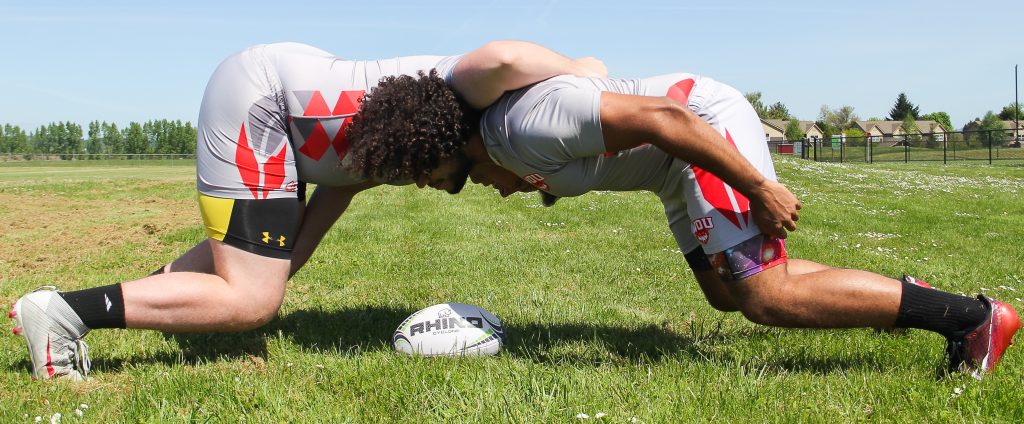
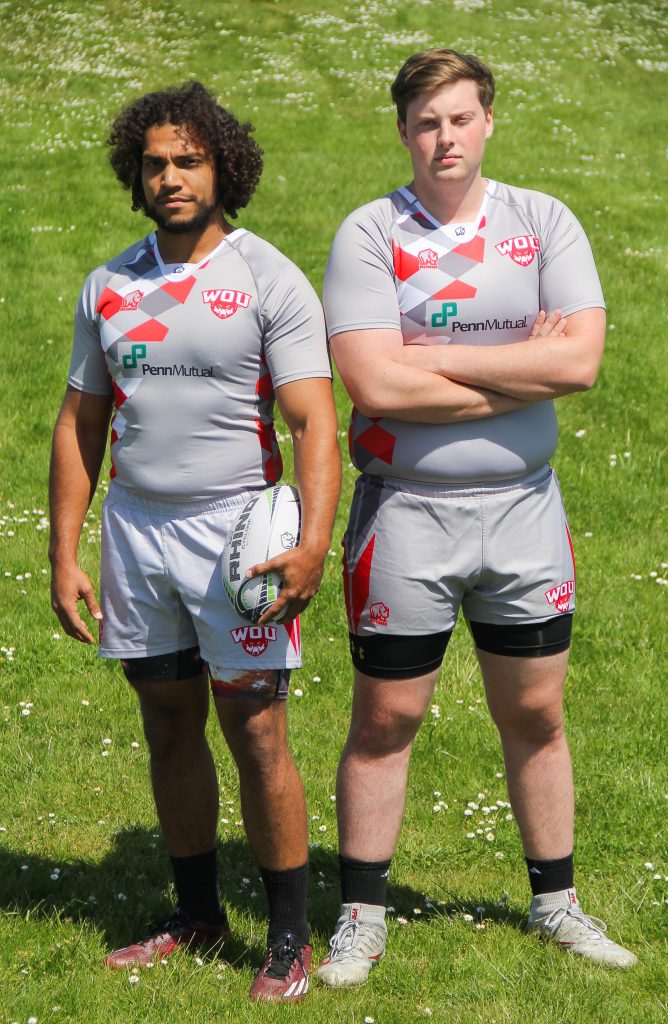
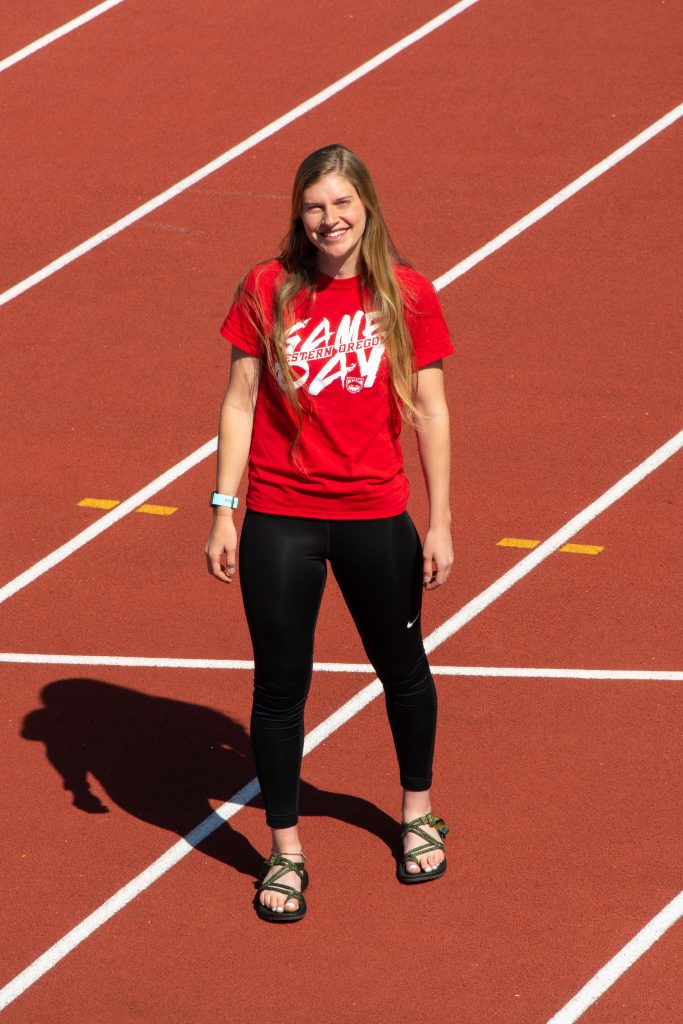
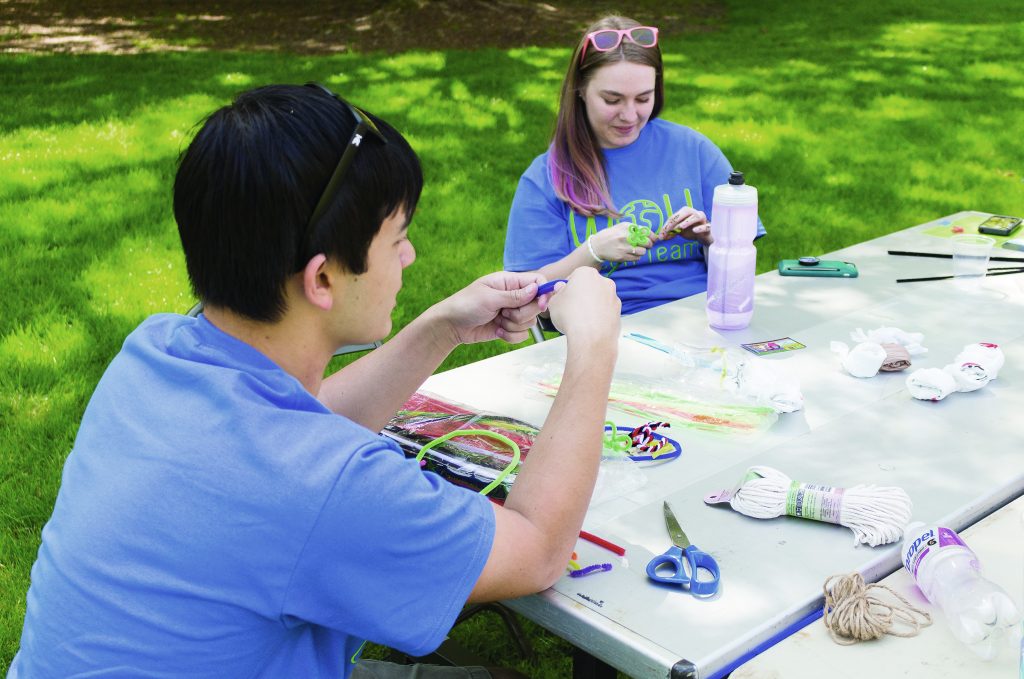
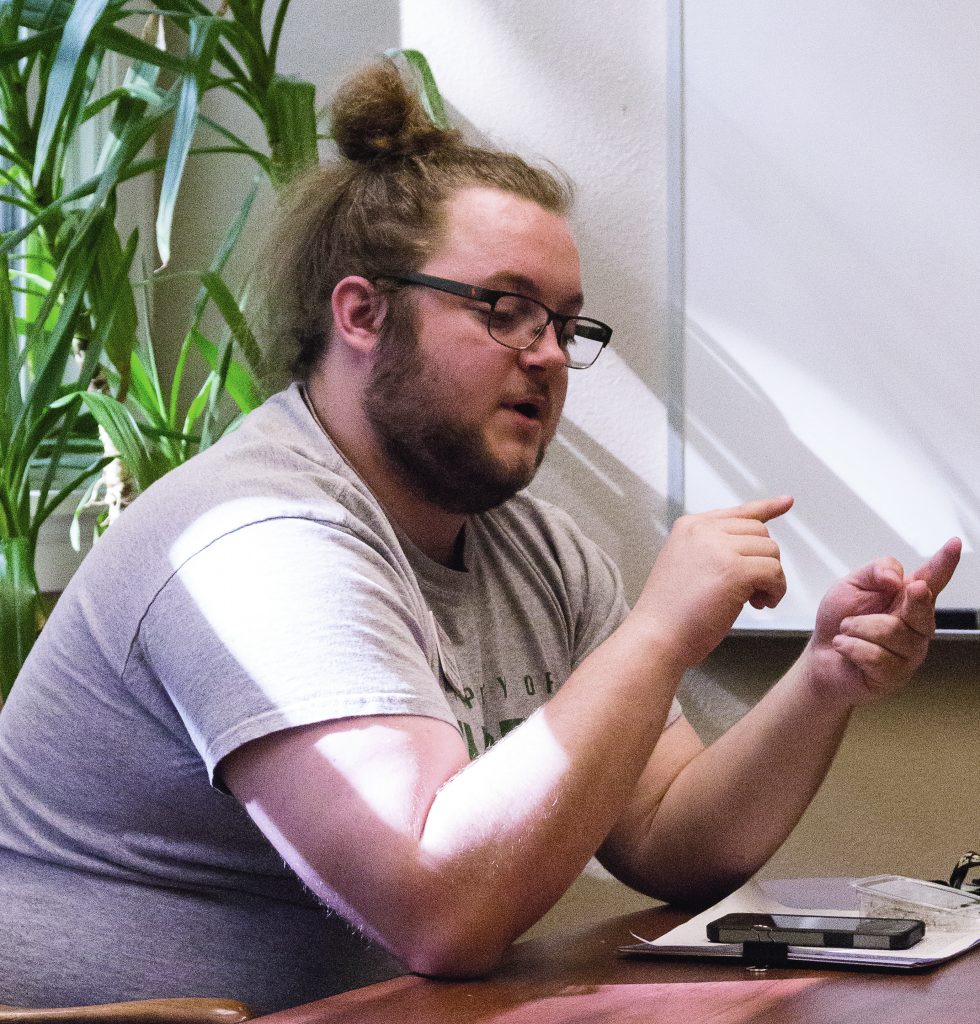
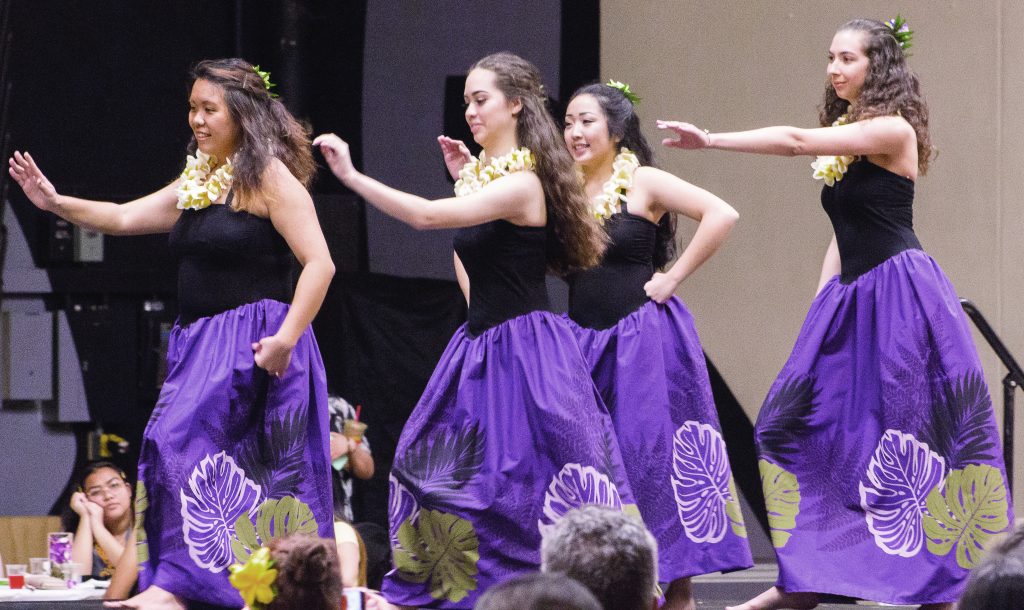
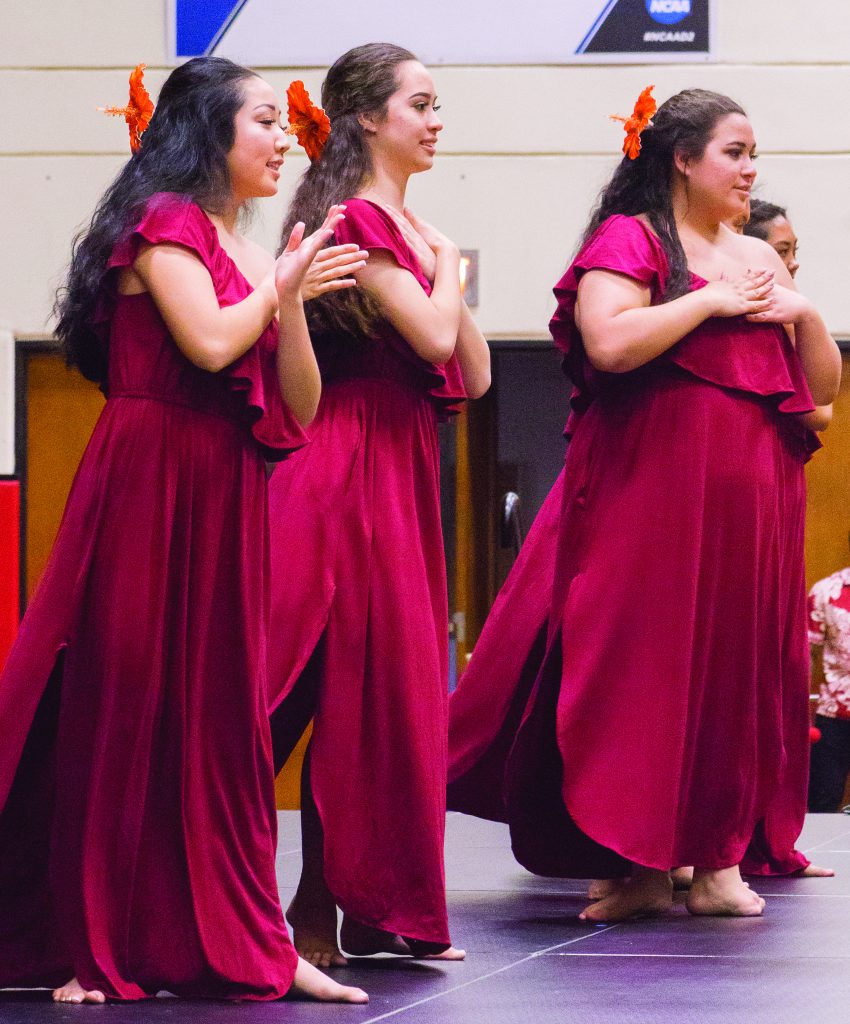 The theme for the 2019 L
The theme for the 2019 L